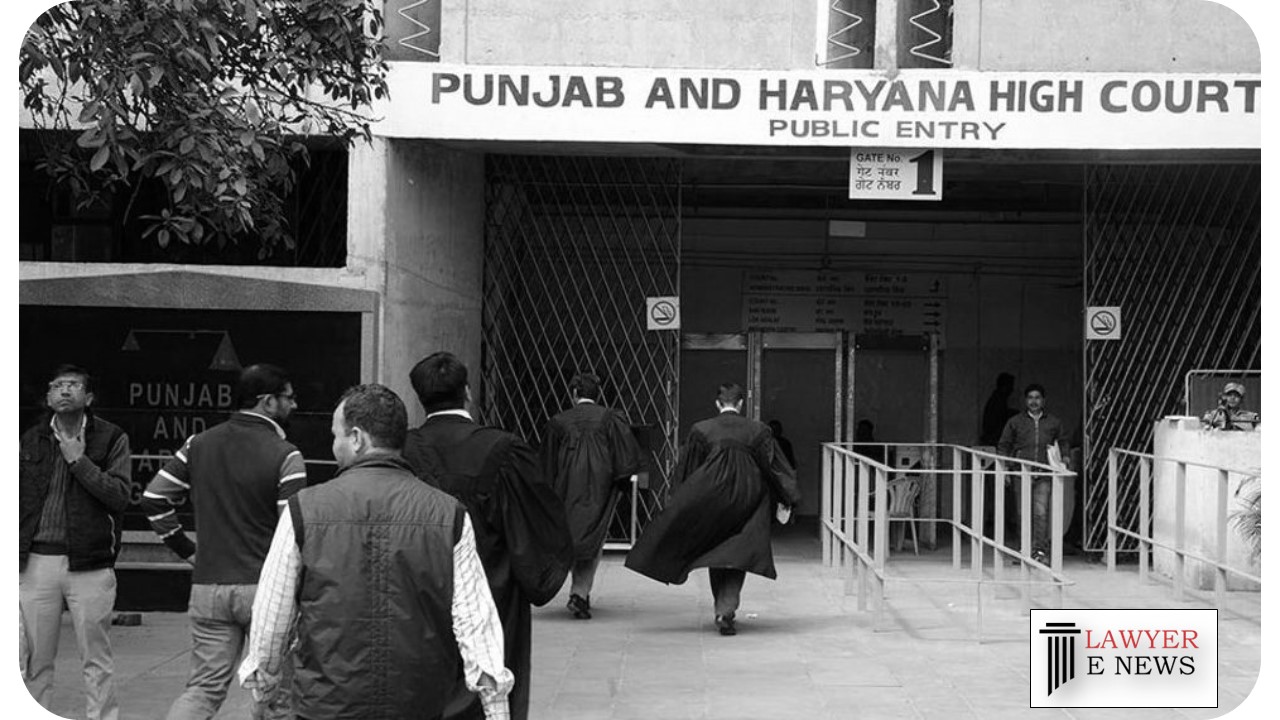-
by Admin
15 February 2026 2:36 AM



In a significant ruling, the Punjab and Haryana High Court dismissed a petition filed under Section 482 of the Code of Criminal Procedure (CrPC), emphasizing the principle of resorting to alternative legal remedies before approaching the High Court. The petitioner, Himanshu Kaushal, sought directions for legal action, including the registration of an FIR based on his representation and an enquiry report against certain individuals for posting vulgar and threatening comments on his family photographs on Facebook.
Justice Deepak Gupta, presiding over the case, referred to the established legal framework, asserting, “The existence of an alternate remedy is not an absolute bar to the maintainability of a writ petition under Article 226 of the Constitution.” However, the court clarified that a writ petition can only be entertained in exceptional circumstances, such as “a breach of fundamental rights; a violation of the principles of natural justice; an excess of jurisdiction; or a challenge to the vires of the statute or delegated legislation.”
The court observed that the petitioner had the option to approach the Magistrate under Section 156(3) or Section 200 of the CrPC, considering the police’s conclusion that the alleged offense was a continuation of a previous incident. The judgment cited precedents, including Sakiri Vasu vs. State of UP and Radha Krishna Industries vs. State of Himachal Pradesh, to reinforce the principle of exhausting statutory remedies before invoking the High Court’s jurisdiction.
Consequently, the petition was disposed of, granting the petitioner the liberty to avail of the alternative remedy under Section 156 or Section 200 CrPC. This decision underlines the judiciary’s stance on utilizing existing legal frameworks and procedures before seeking the intervention of higher courts in matters related to FIR registration and police investigations.
D.D: 29.11.2023
HIMANSHU KAUSHAL VS State of Punjab and others
